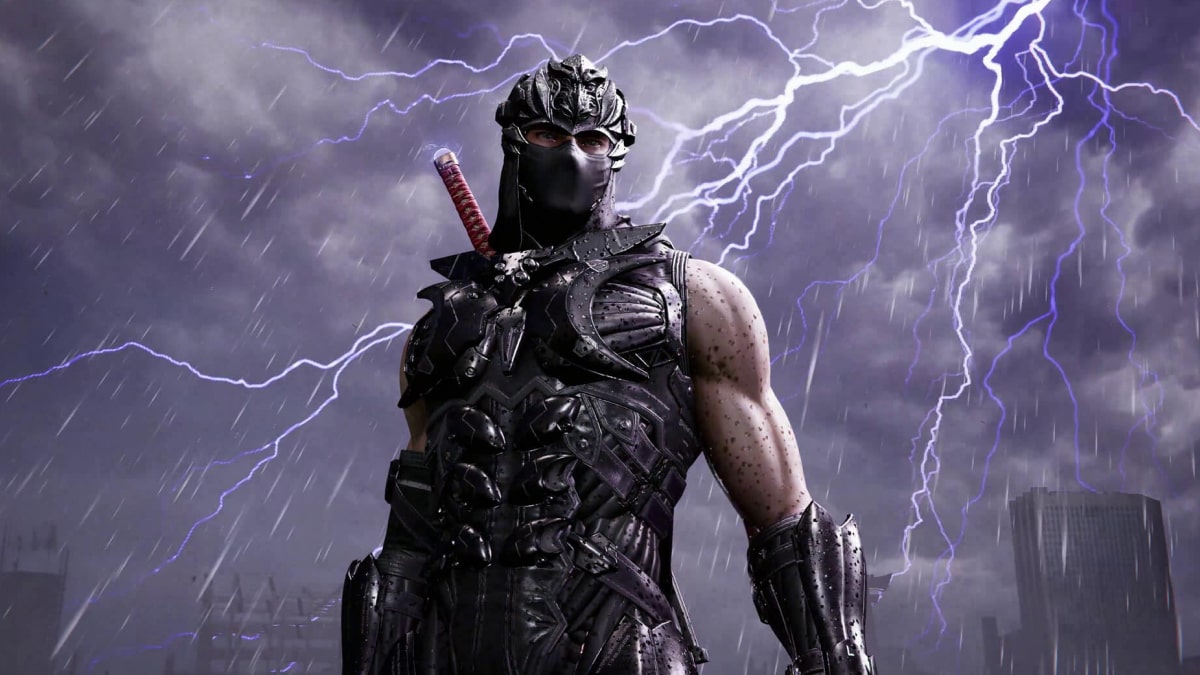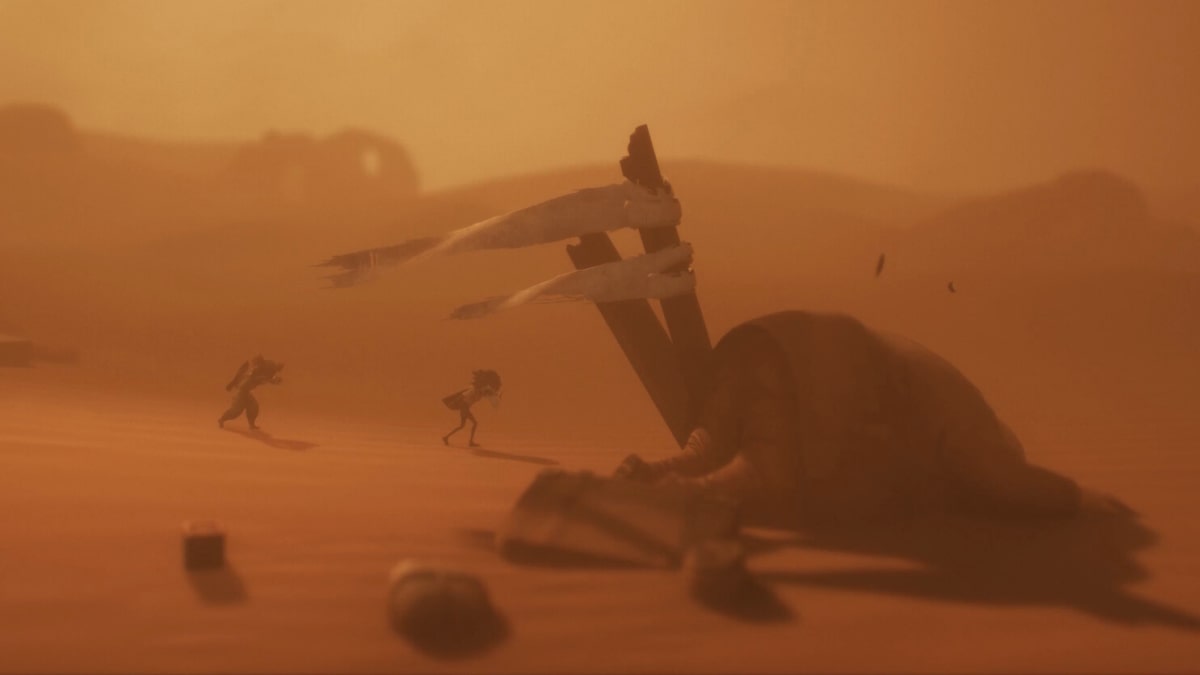You can trust VideoGamer. Our team of gaming experts spend hours testing and reviewing the latest games, to ensure you're reading the most comprehensive guide possible. Rest assured, all imagery and advice is unique and original. Check out how we test and review games here
At a friends 7th birthday party I was told by an older boy that magic wasn’t real. He told me to watch closely before the party magician produced a bunch of flowers from mid-air and sure enough there they were, peeking out of his faded velvet sleeve. It was a crushing blow. Ever since I’ve been searching for a way to make the magic real again and my last, best hope lies in the gaming world. Surely here I can live out my dreams of being a sorcerer’s apprentice? Well, no. Not if Doodle Hex is anything to go by.
You start the game as a new student at the College of Runes or ‘Rune-iversity’, an institution for the up and coming wizard dueller. The main aim is to defeat your opponent by casting runes at them to deplete their energy whilst simultaneously guarding yourself from their attacks. Runes are thrown by drawing different shapes on the board in the centre of the touch screen. These shapes then travel toward your opponent around the screen eventually making contact and dealing different levels of damage or other effects depending on the shape drawn and the order in which they make contact. Each rune you draw depletes your constantly recharging ‘mana’ energy, forcing you to time your attacks and think judiciously about your tactics during the battle. More power can be gained from drawing your runes more accurately (a concept that pretty much goes out of the window in the heat of battle) or from stringing runes together in extended combos all of which are noted down in your spell book, which is accessible between duels. As if this wasn’t enough to cram into your head there is also the ability to temporarily shield yourself from harm by touching your character icon. This safety comes at a cost though. Not only are you unable to unleash any runes in this time, enabling the shield also stops your mana from recharging. Phew.
While this whole set up may sound a little bizarre the first few duels help to ground you firmly in the basics of the combat system. With each foe defeated you gain a new rune to cast and you’re soon equipped with a dizzying arsenal of doodling danger to unleash. Unfortunately this is where the problems start. The amount of runes on offer and the speed at which you gain new ones means that you never really get a handle on exactly how to use them. It’s all too easy to find yourself dashing off runes without ever knowing quite what they do. This isn’t helped by the fact that the battles are so mind-numbingly hectic. If you dare to stop for a split second to glance at your opponent’s health bar or to try and fathom what the heck it is that the rune you have just scribbled actually does, you’ll more than likely get a string of your opponent’s runes crashing into you. As you can imagine this makes for a spectacularly unsatisfying experience.
The best battling games make you feel like your victories are won from titanic struggles where adversity is overcome by your intelligence and dexterity. Unfortunately the folks at Tragnarion Studios seem to think that winning at Doodle Hex should feel like a bit of a chore where success has to be ground out, time after time, through frantic repetition. Occasionally a nice feeling of pace and rhythm comes from trotting out a neat combination of runes but this is soon crushed by the realisation that all that is waiting for you is yet another tiresome battle with a new opponent whose abilities have increased beyond all boundaries of fairness.
Where Doodle Hex could have made up some ground is in the multi-player experience. The game has download and multi-cart options as well as the facility for trading runes with your mates. Unfortunately the chances of finding a human opponent who has bothered to persevere with the soul-sapping single-player experience enough to provide any form of competition are virtually nil.
Strangely enough, despite all of these hideous problems, it’s hard to really dislike Doodle Hex. It’s obvious that time and care has gone into its development. The presentation is fun, the characters are well drawn, the controls are technically perfect with the touch screen interface being spot on and the concept is a fresh and interesting idea. Hell, even the music is a bit of a laugh. It’s just that, somewhere along the line, they forgot to add any enjoyment or sense of reward to the actual game. If this had been an extra feature or an in-game battling mode added on to the next instalment of the (so far rather average) Harry Potter series it would be worthy of a mention, maybe even some praise, for its innovation. Unfortunately, as it is, if you buy Doodle Hex you’ll have shelled out thirty of your hard earned pounds on what is essentially a fairly slight but competently created mini-game. To paraphrase Paul Daniels (the wizard king of the 1980s and Middlesbrough’s answer to David Blaine) you may like this, just not a lot.

/https://oimg.videogamer.com/images/6ee5/doodle_hex_2.jpg)






